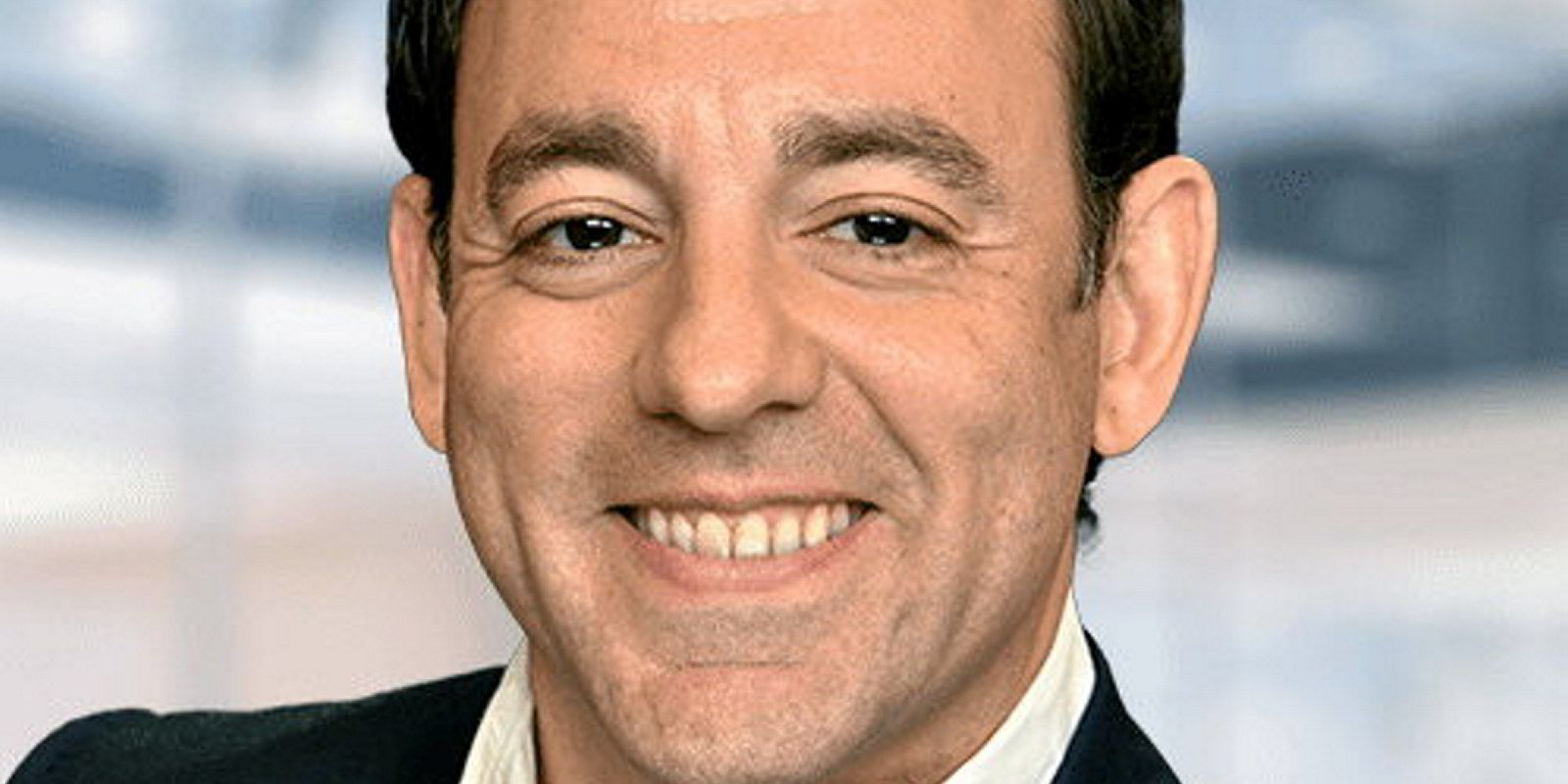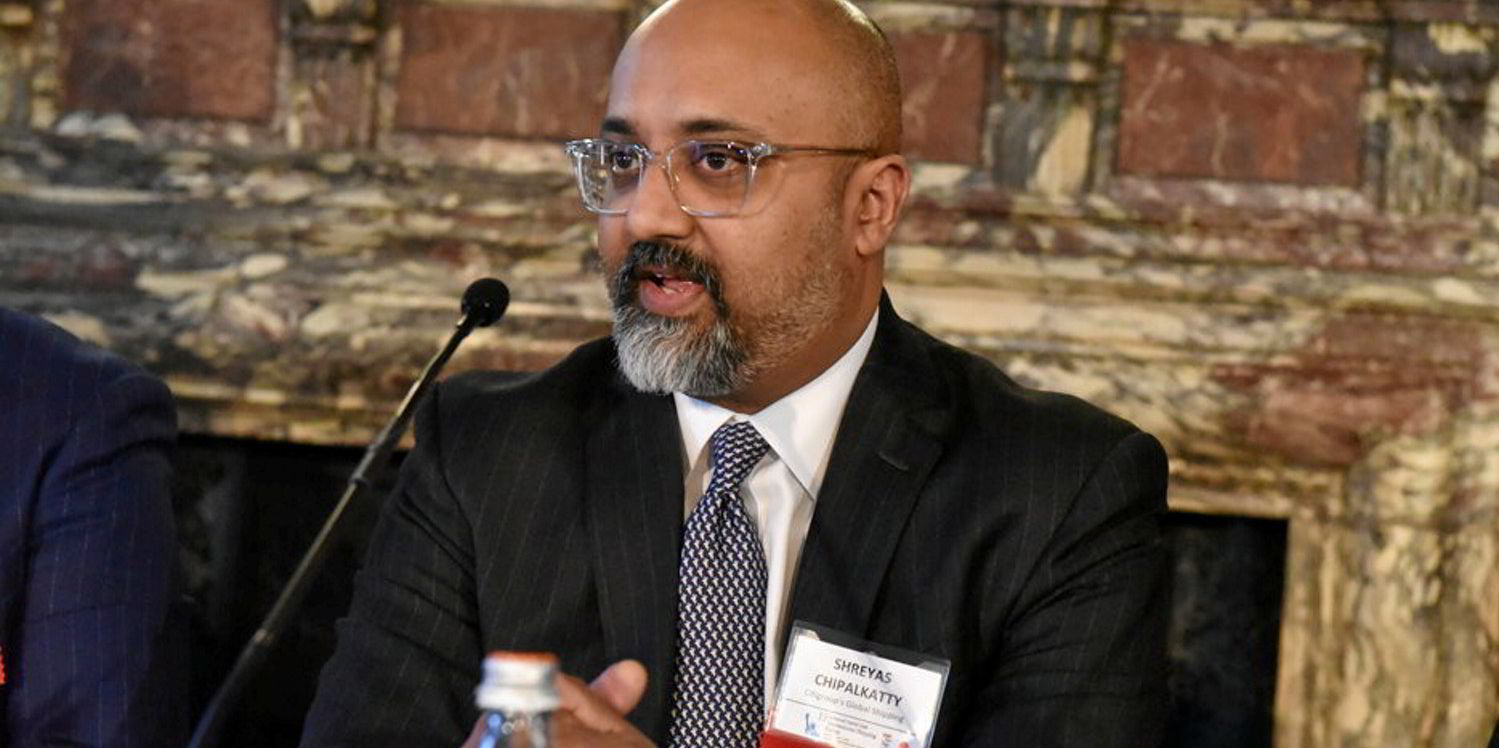Is New York gearing up for a new wave of shipping initial public offerings after a drought spanning more than six years?
More IPOs could be coming in 2022 according to investment banker Larry Glassberg of the Maxim Group, who said he is working with several private players ready to test the Big Apple market.
"From a Maxim view, we're actively on file with a number of IPOs from companies from both the asset-owning and operating sides," Glassberg told an audience at Capital Link's New York Maritime Forum, which is being held online this week.
While the aspirants will need market conditions to cooperate, there has been only one mainstream shipping IPO in New York since the summer of 2015, that being Israeli liner operator Zim in January.
Zim became the first conventional IPO to float since Peter Georgiopoulos' Gener8 Maritime eked out a listing in June 2015.
Maxim is known primarily for its long-standing work with special purpose acquisition companies (Spacs), the reverse-merger vehicles that took public markets by storm in 2020 and into 2021.
The bank also has worked largely with second-tier public shipowners on follow-on share offerings, with repeated deals for the likes of Cyrprus-based Castor Maritime and other transactions for Greek bulker owners Globus Maritime and Seanergy Maritime in recent months.

Glassberg appeared to be discussing traditional IPOs rather than Spacs, as the panel of investment bankers, moderated by lawyer Rob Lustrin of Reed Smith, was asked to reflect on prospects for conventional offerings.
The veteran banker did offer some detail, saying Maxim is guiding "a company with zero debt on its balance sheet as a yield play," among other prospects.
His comments came after other bankers on the Capital Link panel forecast a lower number of potential IPOs than in the last shipping boom cycle of 2004 through 2008, partly because private owners have become disenchanted with how investors value public shipping listings.
"As long as the current public companies are trading below their values, there's not going to be a lot of companies coming to market," Marius Halvorsen of Arctic Securities said.
Glassberg did not necessarily dispute this, saying, "I do agree that when companies are trading below NAV [net asset value], a new owner is probably not going to come out [through an IPO] below NAV."
However, he added: "If most companies are trading at 1.1, 1.2 and 1.3 times their NAVs, you will start to see some come out."
The IPO process in the US allows companies to make a confidential or "quiet" filing of an IPO prospectus in preparation for later proceeding with a public version of the prospective deal, and it is filings in this stage that Glassberg presumably referenced.
Glassberg later participated in a separate panel that discussed Spacs, where deals remain elusive for shipowners despite their broader prevalence.
"I was in Athens last week and met with 15 shipowners in two-and-a-half days. It's a very high topic of conversation, but I think it's going to be some time before we see it. I think people are actively looking at it," Glassberg said.






